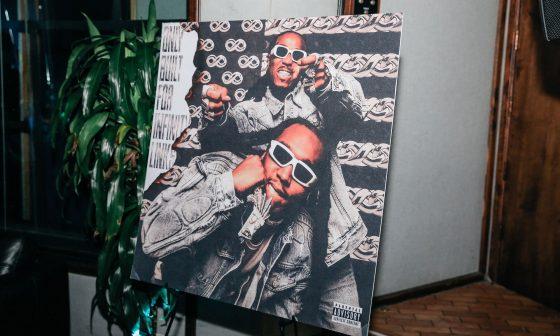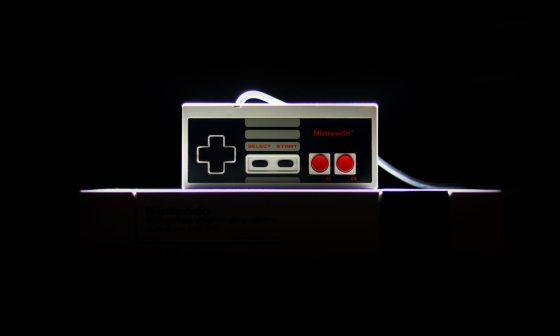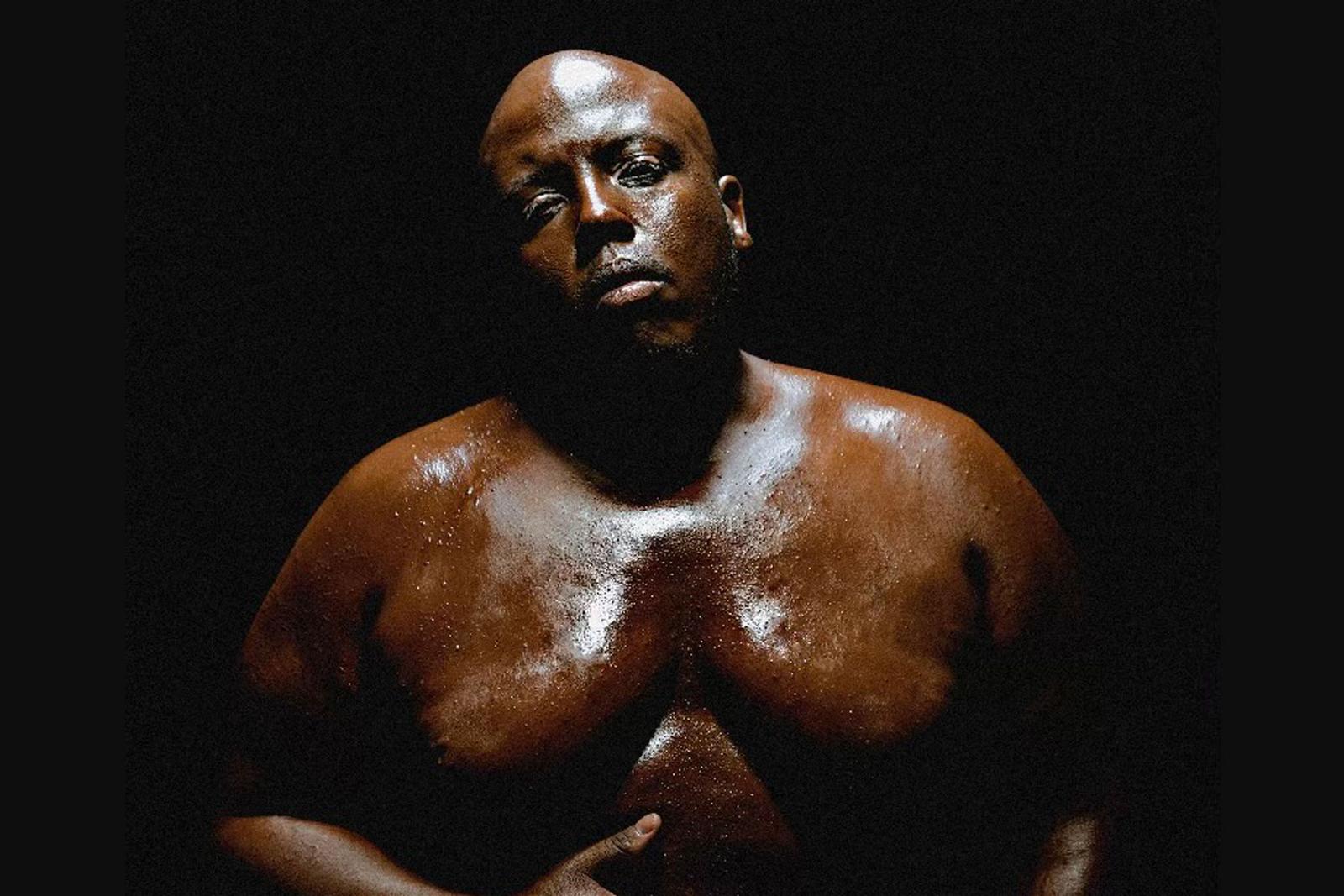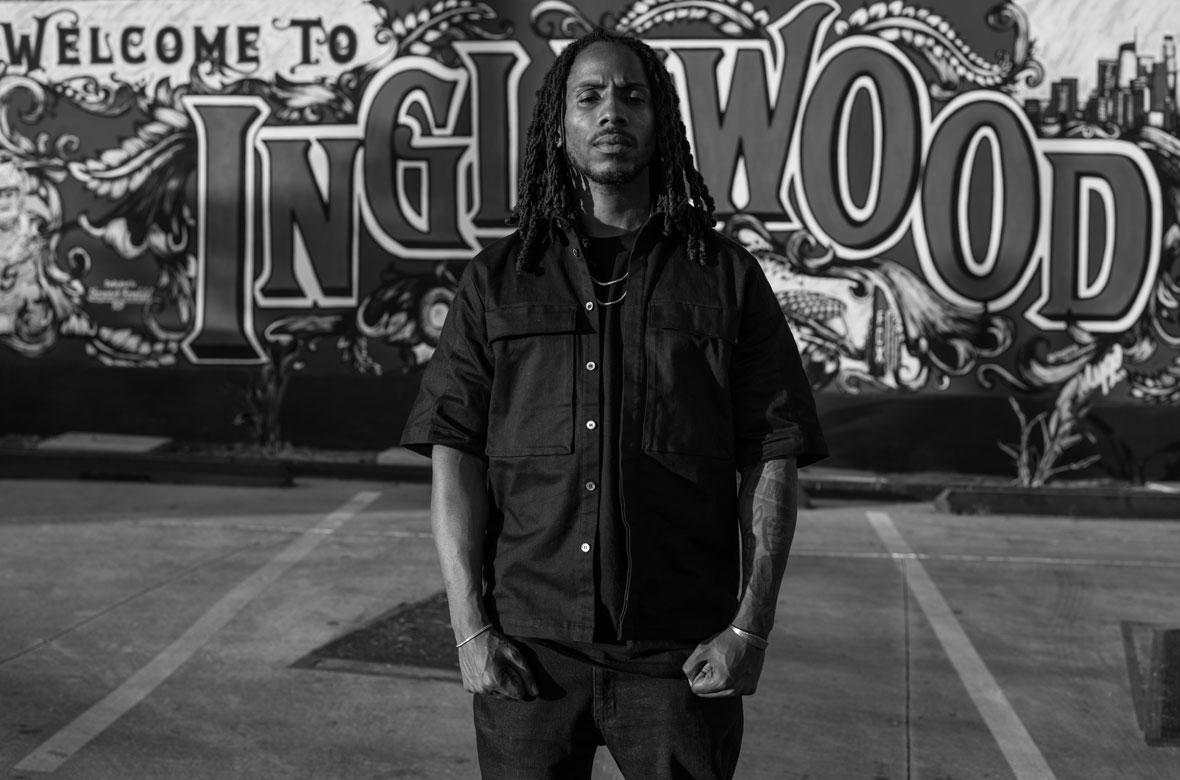Hip-hop is a genre built on storytelling, authenticity, and competition, and nothing embodies this more than its legendary feuds. Rivalries in hip-hop have not only captivated fans but also shaped the sound and culture of the genre. From lyrical diss tracks to high-stakes beefs, these confrontations have driven artists to up their game and have even influenced the direction of hip-hop itself. Let’s take a look at some of the most unforgettable feuds and how they left a lasting impact.
Tupac Shakur vs. The Notorious B.I.G.
Perhaps the most infamous feud in hip-hop history, the rivalry between Tupac Shakur and The Notorious B.I.G. symbolized the East Coast vs. West Coast tension of the ’90s. What started as a friendship quickly soured after Tupac was shot in 1994, an incident he believed was orchestrated by Biggie and his associates. This assumption, combined with a series of misunderstandings and media hype, ignited a bitter conflict.
Tupac released the scathing diss track “Hit ’Em Up”, where he didn’t hold back in attacking Biggie and his crew. In response, Biggie’s music featured more subtle jabs. Unfortunately, the feud escalated beyond music, with both artists becoming victims of fatal shootings in 1996 and 1997, respectively. Their tragic deaths marked the end of an era but also served as a cautionary tale about how real-life violence can intertwine with music industry rivalries.
Jay-Z vs. Nas
The Jay-Z and Nas feud is a classic example of lyrical warfare at its finest. The rivalry began in the late ’90s when both artists were competing for the title of the King of New York. It reached a boiling point with Jay-Z’s “Takeover”, a track that criticized Nas’s career and questioned his credibility. Nas responded with “Ether”, one of the most brutal diss tracks in hip-hop history, which many fans consider a defining moment in the beef.
This back-and-forth led to a period of creative brilliance for both rappers, with their albums and songs pushing the boundaries of lyricism and storytelling. Eventually, the two buried the hatchet in the mid-2000s, even collaborating on songs later in their careers. Their rivalry is often credited with elevating hip-hop’s lyrical standards and showing that competition can lead to greatness.
Drake vs. Meek Mill
In the age of social media, the feud between Drake and Meek Mill played out in a very public and viral way. It all began in 2015 when Meek Mill accused Drake of using ghostwriters, a serious allegation in a genre that prizes authenticity. Drake wasted no time responding, dropping back-to-back diss tracks: “Charged Up” and “Back to Back”, the latter of which earned a Grammy nomination.
Meek Mill struggled to match Drake’s momentum, and the internet’s reaction favored Drake, turning the feud into a meme-worthy spectacle. However, the rivalry eventually cooled, and the two have since reconciled, even collaborating on music together. The Drake vs. Meek Mill feud highlighted the power of social media in shaping public perception and demonstrated how hip-hop beefs had evolved in the digital age.
Nicki Minaj vs. Cardi B
The clash between two of hip-hop’s most prominent female rappers, Nicki Minaj and Cardi B, became a cultural phenomenon. Tensions between the two began in 2017, fueled by fan speculation and subtle jabs in interviews and lyrics. Things reached a boiling point in 2018 when the feud turned physical at a New York Fashion Week party, where Cardi B allegedly tried to confront Nicki Minaj and ended up with a bruised forehead.
Their feud has sparked debates about the lack of unity among female artists in hip-hop and the pressure placed on women in the industry to compete against each other. Despite the drama, both Nicki and Cardi have continued to dominate the charts, proving that there is room for multiple successful female voices in hip-hop.
Rivalries That Transformed Hip-Hop
Hip-hop feuds have always been more than just entertainment; they reflect the genre’s roots in competition and authenticity. These rivalries have inspired some of the greatest music ever created, driven artists to push their creative boundaries, and kept fans engaged and invested. While some beefs have had tragic or violent outcomes, others have demonstrated that healthy competition can fuel artistic brilliance. As hip-hop continues to evolve, one thing is certain: rivalries will always be a part of the culture, shaping its sound and legacy for future generations.






